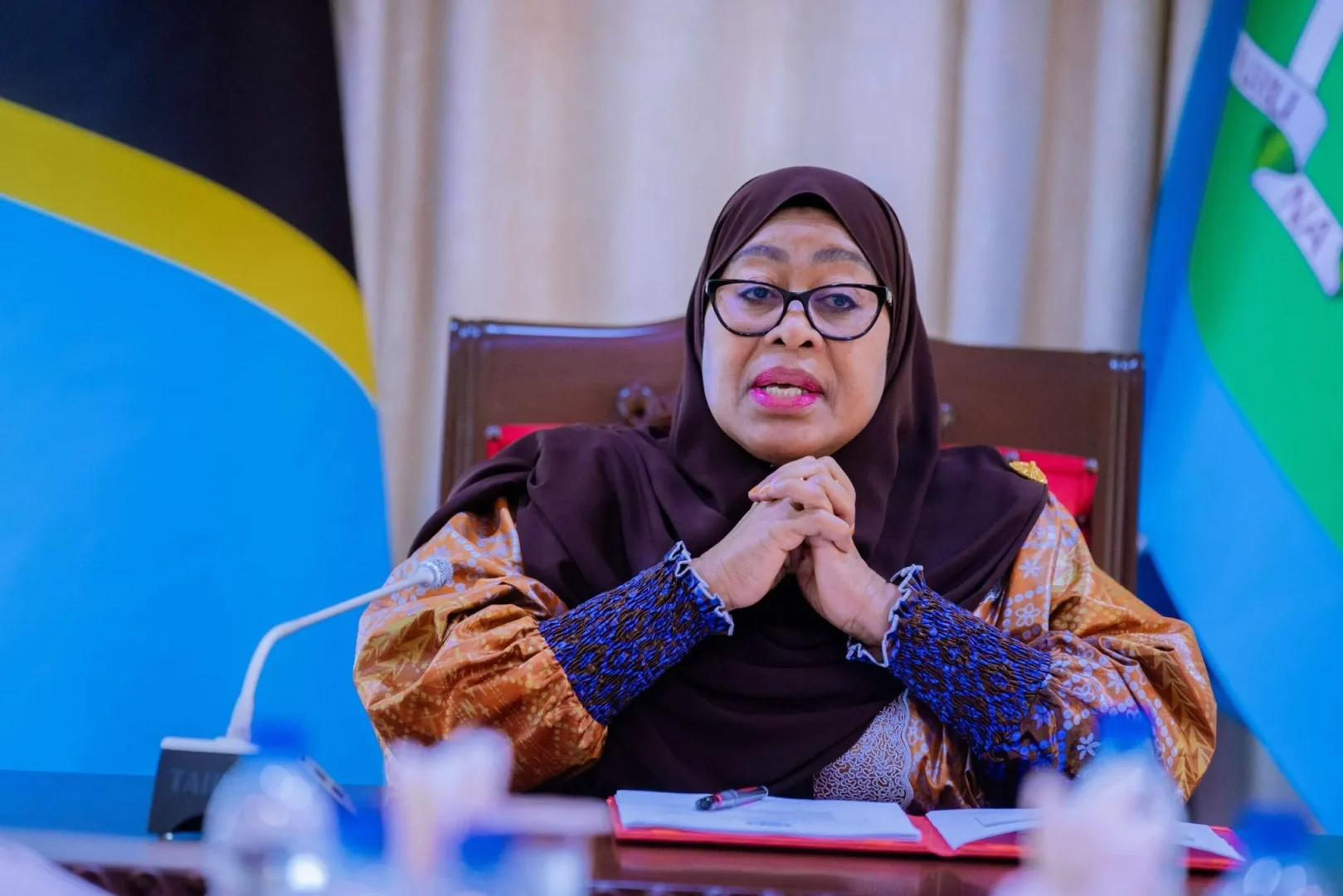DAR ES SALAAM, Tanzania — Tanzania plunged into a near-total digital blackout on Wednesday, October 29, 2025, as major mobile service providers reportedly shut down internet access across the country coinciding with the controversial general election.
The nationwide disruption, confirmed by internet advocacy groups like Netblocks, has cast a long shadow over the polls, which are taking place amid escalating political tensions and severe restrictions on opposition parties and media freedom.
The timing of the internet cutoff has drawn immediate criticism, as it effectively halts the real-time flow of information, severely restricting the ability of voters, journalists, and election monitors to report on proceedings and potential irregularities.
This incident follows a pattern of digital censorship in the East African nation, which has seen the blocking of social media platforms like X (formerly Twitter) and the suspension of popular news sites in the months leading up to the vote.
The election, in which President Samia Suluhu Hassan of the long-ruling Chama Cha Mapinduzi (CCM) party is seeking a full term, has been characterized by human rights groups as occurring in a “climate of fear.”
Key opposition figures have been detained or barred from running. Tundu Lissu, the leader of the main opposition CHADEMA party, is currently imprisoned on treason charges, which his supporters argue are politically motivated.
The atmosphere of suppression has led to calls for protests by the opposition, resulting in immediate unrest.
Reports from the commercial capital, Dar es Salaam, confirmed that police dispersed demonstrators, and a rapid transport bus was reportedly set ablaze in the Ubungo neighborhood.
Also Read: Tanzania polls open as opposition barred from contesting, Suluhu poised for easy victory
Despite President Hassan’s firm warning that “no protests would be allowed,” the street demonstrations underscore the public discontent boiling beneath the surface of the tightly controlled election process.
In recent weeks, digital rights organizations had issued joint appeals to the Tanzanian government and mobile operators, urging them to guarantee unrestricted internet access, but their warnings appear to have been ignored.
The consensus among these groups is that cutting off connectivity during an election period is a tactic used to control narratives, silence dissent, and undermine the credibility of the democratic process.
This latest move raises serious questions about the transparency and fairness of the electoral outcome as preliminary results are awaited.

